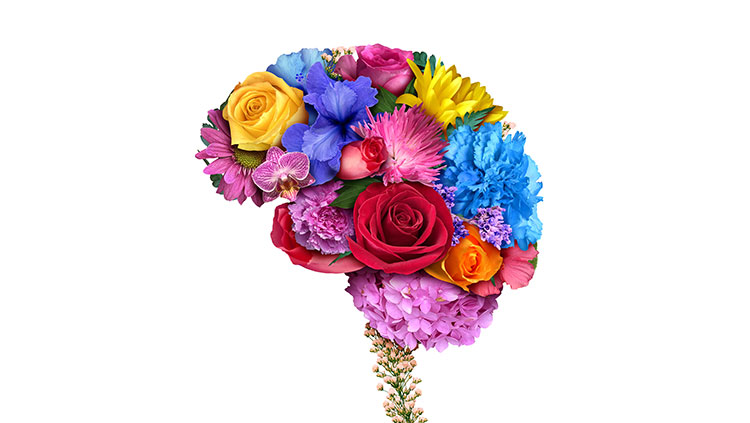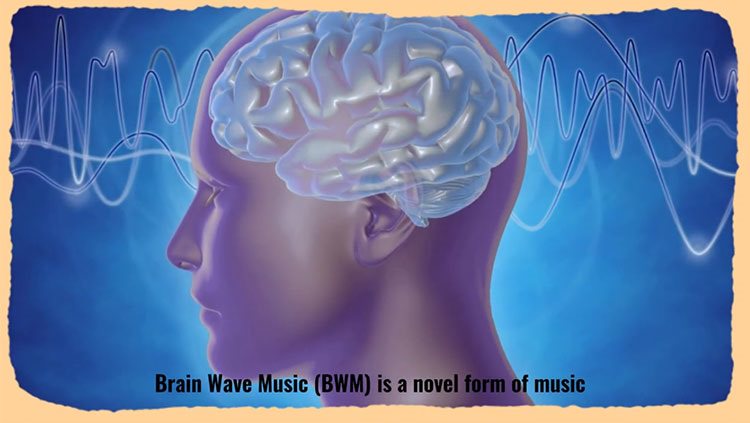Music influences several different parts of our brains. Our auditory cortex processes sound. Our visual cortex helps us read music. The motor cortex helps us play instruments and tap our toes to a lively beat. Still other parts of the brain record memories associated with a particular tune. This concert of activity helps explain why a marvelous melody can improve our mood and memory, decrease stress, boost creativity, and even help us sleep better.
This is a video from the 2022 Brain Awareness Video Contest.
Created by Katherine McDonald.
CONTENT PROVIDED BY
BrainFacts/SfN
Transcript
A long, long time ago,
Long before we spoke hello and greeted each other by name,
Ancient rhythms preceded language arts,
And the question resting on scientists’ hearts was, “How does music affect the brain?”
And so, I’d like to teach you and sing.
Brain, brain, the musical brain.
We’ll learn all the regions and roles that it plays.
Did you know it decreases stress and pain?
And increases sleep quality, mood, and memory?
First, we’ll learn the cortices:
Auditory is necessary to listen to the melody.
Do you wanna dance to rock ‘n’ roll? Use instrument finger control?
Motor cortex is the one to know.
Prefrontal cortex activation
Happens with the creation of expectation and violation.
The visual cortex is engaged
When reading music on the page.
Hippocampus keeps our memories
To remember for centuries.
Amygdala, nucleus accumbens, and the cerebellum
Help us feel emotion
When we learned the musical brain.
Brain, brain, the musical brain.
If you listen to music, you’ve got everything to gain.
Heals disease as a therapy
And boosts creativity. And connects us culturally.
Brain, brain, the musical brain.
Now we know what it does, and we call it by name.
And this song will go down in the Hall of Fame
In honor of Brain Awareness Week.
And thank you for joining me.
Also In The Arts & The Brain
Trending
Popular articles on BrainFacts.org

















